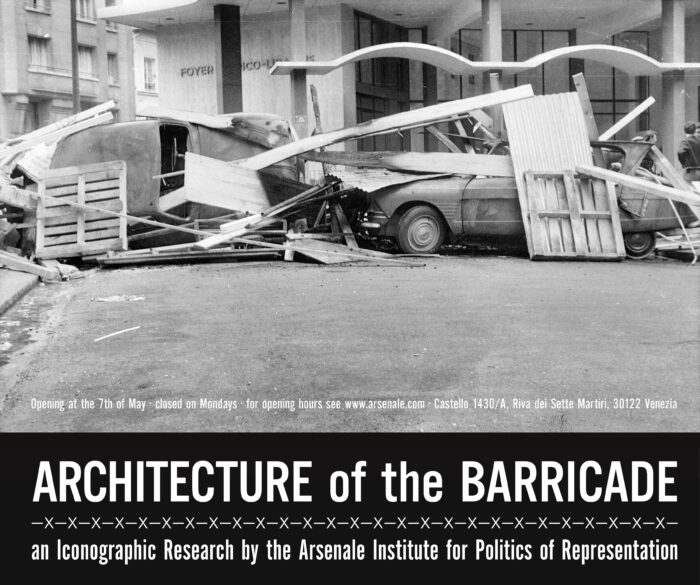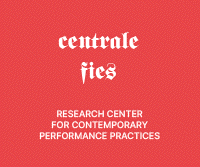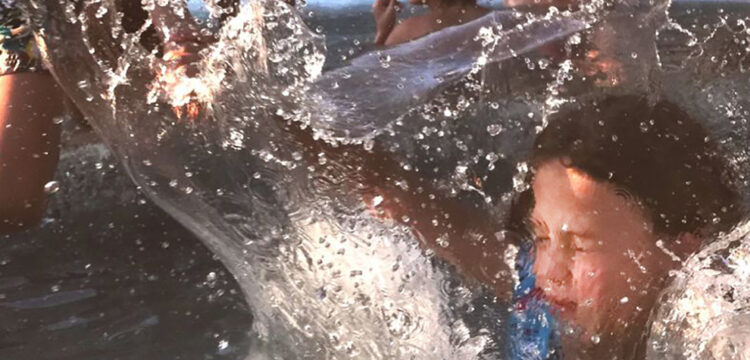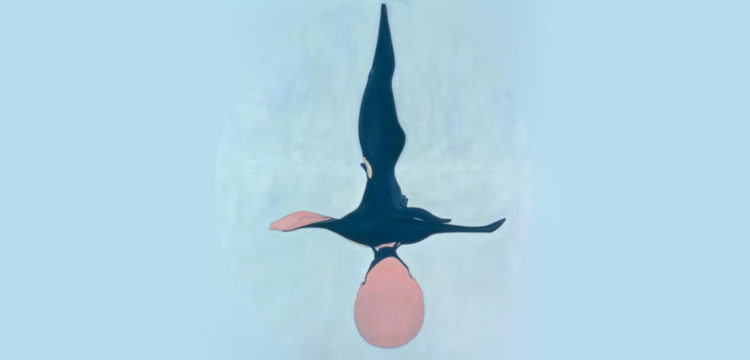Return Everything, or Remain at a Loss
The timing is wrong for remembering, why would I choose to remember it all now?
Ruth is a collector of writings, a site dedicated to grey literature, unpublished and experimental texts. Conceived by Manuela Pacella, was born from the pleasure of writing and reading. We are very glad to host a text each month, selected from one of the sections of the four-headed Ruth: Yellow Dog, Hungry Ghosts, Free Spirits, Brain New.
This month we chose Return Everything, or Remain at a Loss by performer and writer Sandra Johnston, written between 2013 and 2014, in response to the invitation to write the final chapter of the book Black Ice dedicated to Belfast.
11 April 2014, the distances between things that I trust—the spacing of words in a quietly spoken sentence, cars in an evenly-spaced line beside a row of churches, charity shops and bookies, candy coloured petals from cherry blossom trees, newly planted along an avenue of derelict terrace houses. Across the road, blackened windows of new apartments face the other direction. There is an impression of mountains uncovered by clouds today, naked in the remnants of winter light, “old as the hills” as the expression goes. A circling, screeching flock of seabirds hover over a single field, undisputed reactions to changes in the air. A stack of paper cups on a bench, beside me a man manipulates an empty coffee cup roughly between his fingertips, it fissles as if alive. Heads turn in unison in conversation, empty of want, a figure blocks the speaker from view. I listen to her voice coming steadily through the cracks in a row of listening backs.
The myth of the city is perhaps greater than the sum of its parts. Being alive somehow to the uncertainty of air, climates of intimate possibility spreading down the passages of the lungs, a virus of necessity. I bleed porous into the spaces between myself and you, falling indeterminately into lost expressions; words lie cupped in my throat, stalled for direction. Sometime in the afternoon it was all over by chance.
On 31 August 1994, when the Provisional IRA declared a cessation of military operations in Northern Ireland, not one of us knew a ceasefire was imminent. My sister and I were driving in a car towards Belfast when the news broke, through. Set casually between pop songs, the words were delivered in the matter of fact voice of a newscaster. I experienced a sense of shock and fear—we considered turning the car around and driving back out to the village where my parents lived. That night the city erupted into contrasting scenes of rampant triumphalism in some areas, whilst in our streets the atmosphere was characterised by animalistic despair. Cars of armed men drove through the night, firing indiscriminately, emptying their guns into the blackness. The security forces absented themselves, standing back from the riotous outpouring of fury, disbelief and euphoria. Then a day, maybe two after, there was silence. A deadening silence shaped by exhilaration that had turned to exhaustion. It was a unanimous wordlessness that heralded in the new political reality, for as yet, no one had imagined a two-tongued language that could bind that most unyielding word—peace.
13 April 2014, the scent of lilies seeps in from the dining room through a half-opened door; dense and petulant, the smell awakens unkempt memories. Disorganised thoughts of events pry their way into the present without merit or order. She switches on the kettle behind closed doors. Rain beads against the window, scattered thin by wind gusts cutting around the corner of the bungalow. A stream of light crosses the carpet, exact and rectangular, leading to the hallway. Voices come through amid the clattering of china cups. Sunday evening approaches in a ball of sunlight blazing through a hole in thick grey cloud, pulling its way to the right of the window frame before bracing the distant hill at an angle. They sit down to drink and the chairs shifting fractionally beneath their weight on a tiled floor. The chimney roars with wind trapped in the hollow. They talk of a neighbour sent to prison for fifteen years a series of murders, a gang of paramilitaries, a feud.
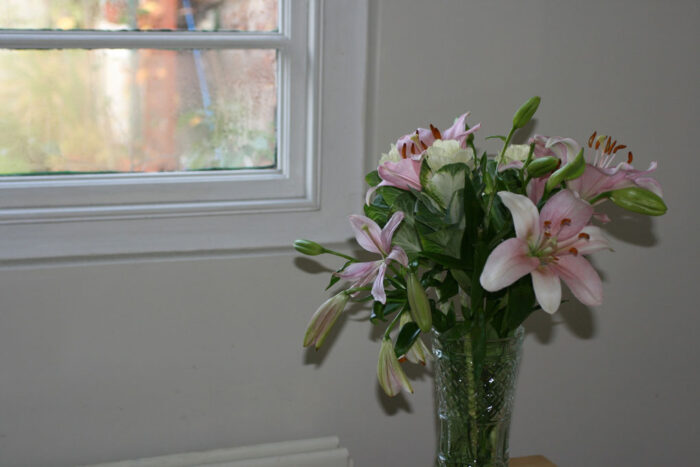
The timing is wrong for remembering, why would I choose to remember it all now? The drab little streets that marked four years of my life, tightly boarded up houses and shops. The bravest of developers wouldn’t touch them. Even now, the “For Sale” signs have worn out into blank plastic while the roofs buckle in a long unruly line of collapsing chimney stacks. These terraced houses stand back and front, side to side, all the way down the valley to what was formerly Harland & Wolff shipyards, now a theme park and retail zone rebranded as the Titanic Quarter. The two giant gantry cranes, Samson and Goliath still stand over East Belfast. The local people here always say they live “in the shadow of the cranes” as a statement of pride. When I lived here, I would lie in bed each night listening to the sounds emanating from the shipyards [1] and the omnipresent sound of military helicopters circling the sky above in grindingly slow, torturous circles. The sadness inside me seems endemic, enclosed inside folds of heart, an unending sickness that travels within me.
As the satellite housing estates of Belfast spread outwards, they gradually disintegrate at the edges into bog land unfit for building. From this point onwards, arbitrary bungalows line the lonely roads, drilling outwards up to and beyond the mountains. A mangle of arterial roads quickly shrinking into B scale roads, sluggish with hedgerows growing tight to the margins of the tarmac. She spoke from the passenger’s seat, “God help you both when I’m dead, because your mother is a hoarder.” She followed on some moments later, “well I suppose you will just do what my sister did when granny died—put a skip under the upstairs window and haul everything out through it.” I sit silent in the backseat, the fields flash past, a row of oversized mansions cut into a lowly hill, each a degree higher than its neighbour. I think of this coarse womb, a window blindly emitting a lifetime’s possessions in a stream of ragged, lifeless forms. Objects no longer recognisable or complete, dislocated from the labyrinth of her mind, which gave each thing its sacred place in a delicate order.

After she died, I kept a blue silk blouse with a high collar that had belonged to her. Or, more likely, it was polyester. I put it in a plastic bag with a handful of costume jewellery; the only remaining trinkets after her watch and wedding ring had been distributed to her two daughters. Of this granddaughter’s trove of possessions, it was of course the blouse that mattered. The way it carried the last residue of her smell deep in its fabric, captured in the threads. I remember the smell of it and the comfort taken from the smell of it.
On 7 December 1982, the Irish National Liberation Army (INLA), exploded a bomb in the Droppin’ Well Bar Disco in Ballykelly. Seventeen people were killed in the attack and thirty injured, including one British soldier of the Cheshire Regiment, identified in an interview as “Peter”. This soldier remembered how he had been sitting in the disco drinking a pint when he saw a white light like a camera flash, followed by a sound, which he compared to the cracking sound of a ruler flicked against a school desk. As the explosion ripped through the building, he recalled that the record playing was “Mirror Man” by the Human League.
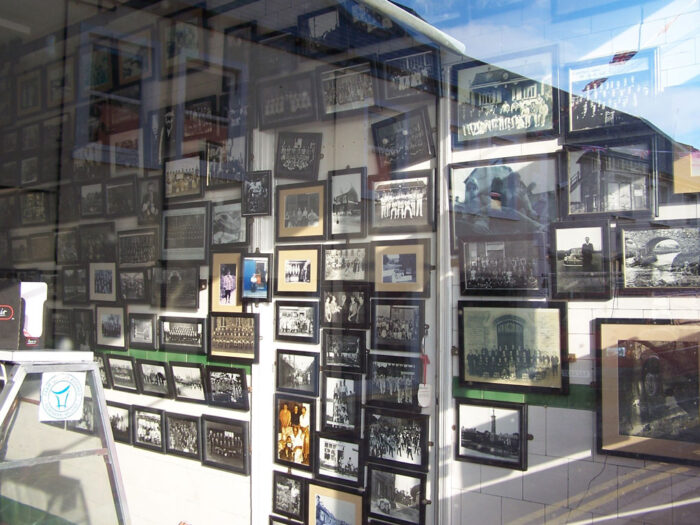
In 2003 I visited the Droppin’ Well Bar, still open, still bearing the same name. I spoke for some time with the bar owner whose sister was one of six local women killed in the bombing. These civilian fatalities were widely condemned by representatives of both communities. But, in a statement released by the INLA, the terrorists described these women as “consorts”, as a means of justification for their massacre. The conversation quickly faltered into an awkward silence and I exited to the ladies’ toilets. The bar’s interior décor was resolutely reminiscent of the 80s. Inside the toilets, the surfaces were entirely stainless steel, including the scratched metal mirrors bolted to the walls. A broken light fitting hung in the hallway entrance to the disco. The outside of the bar fronted onto a busy road, separated by a paved beer garden. Buried in the hedge were a few fairy lights left hanging as remnants of Christmas, and in the centre of the space stood a brick and wood structure mimicking a wishing well. All actions, regardless of how horrific, are eventually claimed and justified by terrorists. This is to say that justification is not an ethical act but one of ownership. An act of supremacy, in the sense of there being a greater need to destroy than to negotiate.
The actor Larry Hagman, famous for his role of JR Ewing in “Dallas”, was filmed at the height of his fame at a racecourse in Ireland with the then Irish Prime Minister (Taoiseach) Charles “Charlie” Haughey. At one point Haughey cajoles the actor into removing a bank note from his wallet. The camera zooms in on the dollar bill Hagman holds up to show JR depicted as President of the United States. Haughey’s delight in the joke is captured before the footage cuts. [2]
A photograph of bathers from 5 High Street. Two sisters crouch in a flimsy paddling pool, twisted together into one multi-limbed symbiotic figure. Both of us in that moment expressionless, unaware of the forces of conformity already pulling us apart.
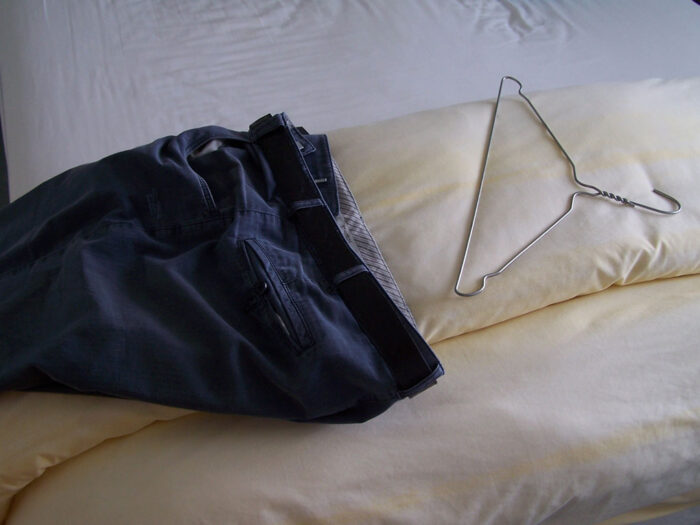
Watching Brian Rowan, the respected Northern Irish journalist, as he speaks to an audience of academics. [3] Frequently, he makes the presumption that every person in the room knows the background information on the murders and policies that he introduces. He speaks through first hand associations with terrorists, but does not name names. In this way, he creates his own credentials as a valued insider. He alludes to, insinuates, criticises, and garnishes his opinions with the titillation of secrets. In a way, he enjoys his subject of spooks to such an extent he has absorbed the practices of indirectness. Watching his hands move as he talks, they frequently make a turning rotating gesture, as if to suggest the movement forward of a conversation or an idea. It also suggests a running cassette tape. There is prestige in describing meetings with terrorists, the arrangements of transport, the trappings of fear around the gathering of statements, and the issue of whether or not this action of gathering “stories” in fact fed further deaths. In passing, he mentions Margaret Thatcher’s infamous “oxygen of publicity” speech. He describes seeing three executed bodies. His words are plausible because of the intense details of the circumstances, the blacked out glasses, the tape over the eyes, a statement written on a toilet roll. The game-like manner of his telling is exhausting, charting the collusion between all sides of the security forces, governments and paramilitaries, until the pieces collapse into an irretrievable vacuum of violence that can never be accounted for. His hands falter over written documents contained in plastic bags, their histories of passing ownership hermetically sealed even as they are exposed through words.
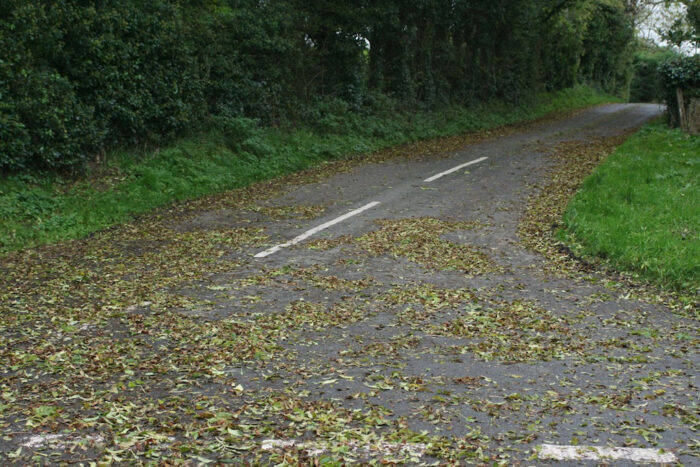
The nature of some memories arrives as ingested images, some act as irritants, pleasures or whimsy. Whereas the things so easily forgotten, so radically banal, announce themselves into full view jubilant with their victory over value or sentiment. The lilies congeal in a luminous display of golden-fringed petals; carnal and fully extended, they choke out their stamens into the travelling light of sunset. It’s the smell that damages the emotions and makes the mind wander into churches and living rooms, and then finally into the last kitchen, humble in its dimensions and surfaces. Here a bunch of lilies sat discordant on the table top, wilting under the envious eye of my neighbour. Leaving that house, I cried at the touch of the door handles, knowing I would never feel them again. Plastic and worn, they had furnished my fingers with a sense of homeliness that I had longed for. This house, too, became another dream—a place to fall into and wander away from, full of misplaced persons and lost sentences, another home for half-spoken truths. I can’t imagine who lives there now.
I remember the man who lived across the road from me in Belvoir Street. He was stoutly built and dour in demeanour. I watched him casually from my upstairs window for many hours. He would stand on the pavement at the adjacent street corner with two greyhounds released from a garage. Both dogs cowered beside him, slinking around his legs without ever touching. Immediately upon reaching the road, they would hunch over and piss long streaks down the tarmac. Scrawny and untrained, they gazed with sharp glances upwards at him in expectation of moving down the street. Often he would keep them standing for several minutes, immune to their nervous beseeching expressions, hovering on quivering legs. Their daily exercise followed a wholly predictable route, turning left down the street and around the block to his local bar. Eventually they would stride off in his wake with their lean tails swinging low to the ground, long black nails clicking on the pavement slabs. Only after several months did I realise that I was one of his subjects of surveillance.
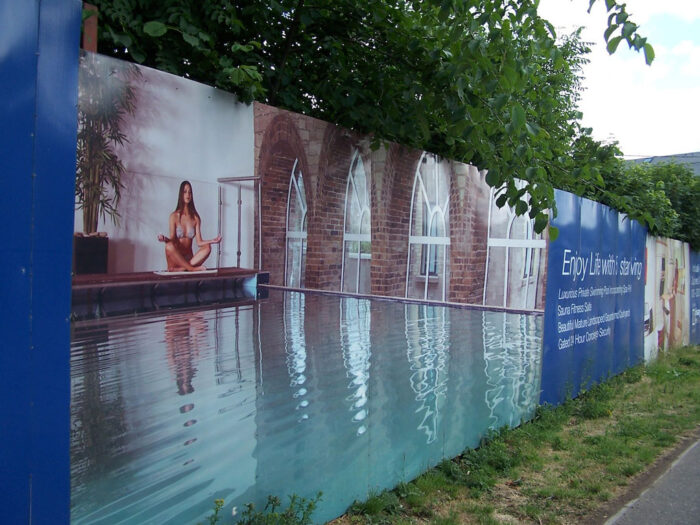
In dreams I awake, holding a shy handful of teeth crumbling to dust and falling between my fingers. The growth of deciduous teeth (or milk teeth) remains mysterious to me—the fact that we are born with two sets of teeth, one dormant, ghosting the other. The process is one of resorption where the roots of the primary teeth are absorbed by the incipient teeth beneath, by around the age of six. As I age, I have become fascinated by the crooked inner cavity of my oddly fitting teeth. The holes left from extractions, the ingenious ways that the synthetic gold crowns merge and knit into the organic. A complex process of erosion and compensation that has carved a broken front line from my mouth, hidden beneath a closed smile.
No memory of that day.
A Swiss artist once told me about an autistic boy she was working with as an art therapist. She described how, no matter what subject or theme was introduced to the class of children, this little boy had only one obsession, which he painted continuously and without alteration. The subject of his painting was the sinking of the Titanic. [4] Again and again, he faithfully recorded the descent of the immense black ship into the frozen ocean, lights blazing on deck, smoke climbing in grey spirals from the funnels as the mass of the liner slipped diagonally beneath the dense ocean waves. A sky sparkling with snow, each picture dominated by grades of blackness interspersed with over-scaled white blots hanging over the water but never placed below the waterline. The tragedy of the ship’s fate may never have entered his mind. In his rendering of it, Titanic sailed to the bottom of the ocean: windows, doors, lights, funnels, engines, without sight nor sound of humans. No one could explain how he had arrived at this single image, where he had seen it or conceived of its composition, why it so riveted his imagination. Leaning into the whiteness of the page, bleeding the black paint in a system of washes and lines, until the ship was again resurrected in its final moments, falling off the skyline with the crack of ice, into an emptiness measuring exactly half the page. This known and unknown world divided by the body of the ship, cutting through sky and water, night and day. Distance is suggested in the hovering snow, it places his vision always at a margin of safety, as if on a life raft, or sitting behind a screen.
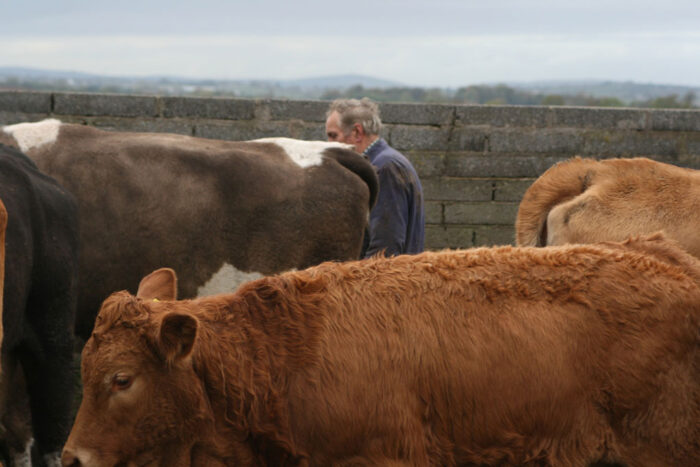
Memories of places turn up in dreams unravelling each other. Rooms fall into impossible structures, containers and corridors that are inescapable. Sometimes I hear voices in these rooms brought back from the dead, warm and fragrant, disembodied. Neither they nor I can reach the landscape beyond the yard, nor the windows. The dream tightens into the membrane of a known place until, stifled by its aridity, I recoil and awake bewildered, carrying only the vaguest coordinates for its setting. The living and the dead populate these spaces in perpetuity. The solitude of that. Standing in infinite space surrounded by the residue of incalculable encounters.
The way a corner of the road can make me cry.
More and more memories emerge now from my parents; they are becoming careless with age, forgetting to guard their fears. They reveal being in a pub after a stock car race meeting on the night that two bombs went off in the building. Dull thuds, then all the electricity went out. As my mother tried to reach the doorway she was crushed by other fleeing customers. Two young soldiers picked her up, trapped, unable to move and frightened, by both arms and carried her through the doorway into the car park outside.
After the IRA bombing of the La Mon Hotel on 17 February 1978, the bodies of the dead were so badly disintegrated they shrivelled to the size of children and some could only be identified through their dental records. The twelve victims had been attending a Friday night dinner dance organised by the Irish Collie Club. I remember the Peacock room in the hotel where the bomb exploded. We went there often for Sunday buffet dinners, sitting close to the windows so we could watch the horses in the field outside. Some years later, I went back there to film on the anniversary of the bombing. Overcome by sadness, I sat down by a wall. The only thing I managed to record was dew on the grass in front of my feet, stretching out as a lawn towards the back entrance, listening to beer kegs dropping onto concrete and a bird in a nearby tree. The smell of roast beef from the kitchen, businessmen arriving for lunch. The normality of aftermath can be hard to reconcile. I imagined the CCTV cameras filming my solitary vigil with complete disinterest. The original BBC news report of the bombing was broadcast on the Saturday night advertisement break, just before “Jim’ll Fix It”, [5] a popular 70s TV programme. As the opening music for the show began to play, I was suddenly violently sick upon realizing that the image on the screen that I had mistaken to be a black plastic bag was in fact the burnt remains of a victim’s body.
A photograph bent in two, the boy split into two parts forever standing on isolated rocks. The tide turned against the mother.
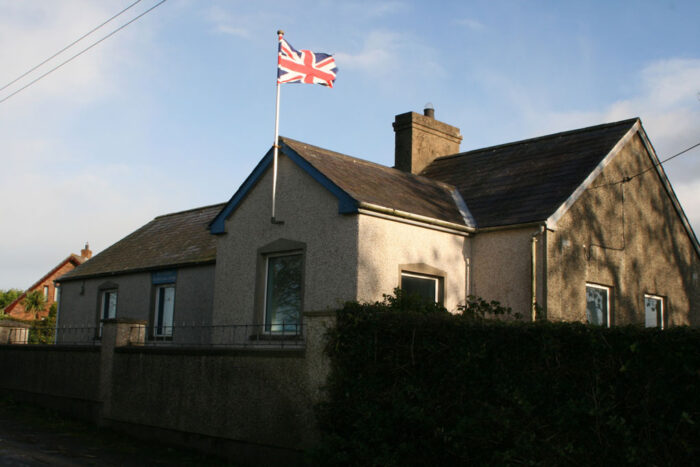
Watching Paulina Zielińska [6] in Norway, “white voice” singing. She told us how the old women in the mountains of Poland were the last to remember not only the songs of this tradition, but also the vocal technique based on screaming. She explained that this performed screaming is both sorrowful and ecstatic in the same breath, a hybrid entwining of a craving for life. In this way, the women carry both the burden of birth and of mourning, a life-long seepage of beginnings and endings coded in the gravitas of a scream. Paulina stands beside a picnic bench, singing to us in the sunlight. She does not squander the old women’s songs. Both arms hang calmly at either side of her body as she works slowly into the scream in her body. By the time it reaches her throat, it has the full intensity of a rapturous surrender. As it ended, it left us, her listeners, with an emptiness not easily brokered by gestures or platitudes. We scattered in different directions, stunned for some moments in our separateness. The song was a fragment of one traditionally wailed for several days unending, a torrent leaving the singer dry of tears, emptied. Someone once told me I had a scream inside me a mile wide. She said this to me while I was lost in days of anguish and I sometimes despise myself for regaining my voice still now. Some things don’t bear repeating.
Today I told a friend about the YouTube clip of JR Ewing and Charlie Haughey. He recounted that his brother had once made an advertisement for Ulster Television with Larry Hagman, where the actor spoke on camera, warning against the dangers of lung cancer from smoking. In one outtake, Hagman turned to the camera and jokingly remarked, “don’t fucking smoke”. [7]
The remains of the RMS Titanic were eventually discovered in 1985, off the coast of Newfoundland. The two split halves of the vessel were located some 12,000 feet below the surface, forming a debris field of approximately five by three miles that contained several thousands of items. In particular, pairs of shoes and boots remained, providing the last markers of where bodies had lain.
2014 was a year of missing aircraft—days of news reports seeking to explain aeroplanes vanishing off screens or exploded out of the sky. I remember again that this is the shape of terrorism: amorphous, paradoxical in its nature—both explosive and implosive, shaping cavities within and without.
I don’t remember which year, day or hour, although I do know it was late afternoon because I was walking towards the Bedford Street bus station. Turning a corner, I was confronted by a security checkpoint blocking pedestrian access. Behind this police line I glimpsed the devastating scene of an entire street, gutted and upturned by a series of bomb blasts. Everything that had been known in that place had been wiped out, it’s familiarity eclipsed by the awareness of a new consistency of air. Breathing in seemingly static air, glutted with glass and dust suspended in a slow, slow gyrating fall from the hole the explosion ripped into the sky. A world in reverse, returning inexplicably to surrender into a new dimension. Perhaps it is perverse to say it, but I saw in its chaotic heart a piercing beauty, as if the air had become crystal, a momentous darkness haemorrhaging with light.
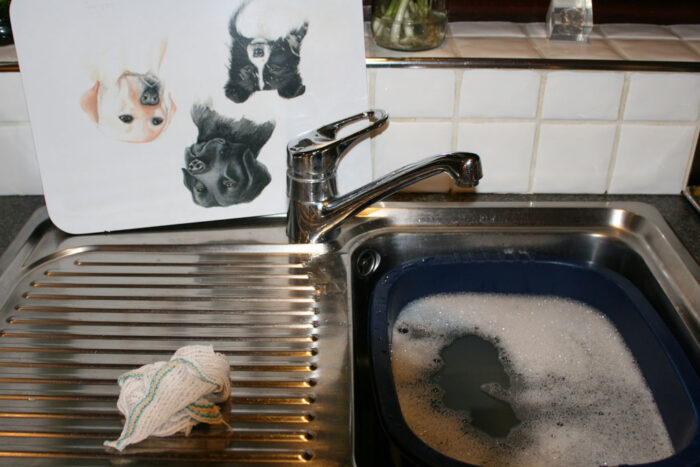
During the 80s, my family owned a hotel in a small factory town. I remember acutely the bomb scares, when anonymous hoax phone calls would force us to empty the building of customers and staff. After everyone had exited out into the car park at the rear of the building, we waited under the trees until security forces arrived. However, the police and army would not enter the building. “Key holders” had to check their premises themselves for suspicious devices. Many nights I watched my Mother walk alone into the hotel in darkness. We would stand waiting, watching, as the light from her torch would move slowly from room to room, threading her way through the cavernous structure.
My grandparents carved a steady bloody oblivion, out of every day apparently unfingered by regrets. I stand still and count the times the field returns to me—both awake and asleep. Upright, my Grandmother magnified the pursuit of exhaustive kindness. Standing with a glimmer of light captured in her grey hair, an unruly crown of thorns thinning to the scalp, her hands paper-thin with use. Every breath scalloped in the turning, striking blows of a sickle blade, as she broke the heads of thistles blown wide, carpeting the dry earth at her feet. I lost her in the melancholia of adolescence, lost touch with her eyes, her scent, the skin creases at her elbows unravelling in whirls of soft contours, a cosmology laid bare, riddled with a tide of steady arteries. The heart gave out first, corroded by time and the chaos we preferred not to admit. Yet, everything dutifully ignored falls to the heart to witness. She had a knack for seeing forwards and backwards into spaces between the thoughts of others; she understood fear far too well.
The shame of it is, to know how things really are deep inside yourself but to continue to function everyday, every hour of every day, on the auto-drive, grim-dance of face-saving, time-wasting, energy-sucking, egocentric terrain of self-disgust.
The past keeps pace easily, a wilful child running alongside the mind’s eye, filling in the vacant moments, opaque in turn, and then dissolving. She, faint with effort, breaks the shadow of innocence. Feeling alone with this spectre, I cannot displace this emptiness tied to an absent place, the landscape inside me that lays claim above all others. A fragment of a corner of a road that leaves me defeated by the lifespan of a memory, elastic and permeable. The future holds me with an unguarded capacity for returning.
2014 and Gerry Adams is released after four days of police questioning regarding the murder of Jean McConville in December 1972, one of eight victims murdered by the Provisional IRA subsequently named as the “Disappeared”. Jean was abducted and killed on the allegation that she was a paid informer of the British Army. Her body was not recovered until the 27th August 2003, when a storm destroyed part of an embankment on Shellinghill Beach in County Louth, unearthing her remains. For her family the legacy of her abduction has been enforced silence, despite knowing the identity of her abductors. Jean’s family of ten children were left starving in their home for three weeks before they received a visitor, who handed back to them her purse containing 52pence and three rings from her fingers.
The shame of it is, to know how things really are deep inside yourself but to continue to function everyday, every hour of every day, on the auto-drive, grim-dance of face-saving, time-wasting, energy-sucking, egocentric terrain of self-disgust.
The Troubles created a generation of escapologists. We of my generation became experts in the art of disappearances, denials and then ignominious returns. In myself, I carry an ill-fitting sense of guilt at my own collusion in the overarching sectarian hatred that engulfed Northern Ireland in my childhood. Then the greater guilt at not staying around to clean up the mess. My memory is fatally fractured; it divides and subdivides and disintegrates, but never outgrows its causes. Counting and measuring the spaces between cars, looking at a watch sideways on a turned wrist, the effect of today’s light on today’s skin, a bony wrist, blue veined, an unrepentant pulse, nails that disappear into a broken white line lost at the edge of a limb. This point of disappearance where the heat of my blood wells outwards, evaporating beyond the skin, or conversely, retracts chastened to the bone. All of this an intricate retreat before, during and beneath a graceless inner war.
[1] Shipbuilding ended at Harland & Wolff in 2003.
[2] Haughey held office in Ireland for three terms as Taoiseach, despite accusations of involvement in importing arms for the Provisional IRA. Later, there were recurring allegations of major financial misdealings resulting in damaging court cases, some never resolved. However, in spite of these charges he survived several leadership challenges, earning him the nick name of the Great Houdini.
[3] Brian Rowan, former Security Editor for BBC Northern Ireland, now freelance broadcaster and journalist. Rowan delivered a public lecture at Queen’s University, 7th April 2011, entitled, The Hidden Legacy Of Intelligence: The ‘dirty war’ in the north.
[4] RMS Titanic, was a British Passenger Liner built at the Harland & Wolff shipyards in Belfast. Regarded in its day as the largest vessel afloat, it tragically sank on the 15 April 1912 whilst on its maiden voyage. More than 1,500 lives were lost when the ship collided with an iceburg in the North Atlantic Ocean.
[5] Jimmy Savile, the once popular television presenter of the show, was subsequently revealed, after his death in 2011, to have been a prolific sex offender.
[6] Paulina Zielińska, Polish performance artist working with archaic eastern-European singing traditions, performing as part of, Between Sea & Sky 2014, organised by Performance Art Bergen, Herdla, Norway.
[7] As a teenager my classmates nicknamed me ‘JR’ – apparently I have an evil laugh.
[8] Malaysia Airlines Flight 17 (MH17/MAS17) international passenger flight, departed from Amsterdam on 17 July 2014 carrying 298 people. Malaysia Airlines Flight 370 (MH370/MAS370) international passenger flight that disappeared after taking off from Kuala Lumpur airport on Saturday, 8 March 2014, carrying 239 people. Indonesia AirAsia Flight 8501 (QZ8501/AWQ8501) international passenger flight, crashed on 28 December 2014, due to bad weather, with162 people on board. Recovery of wreckage and human remains ongoing.


